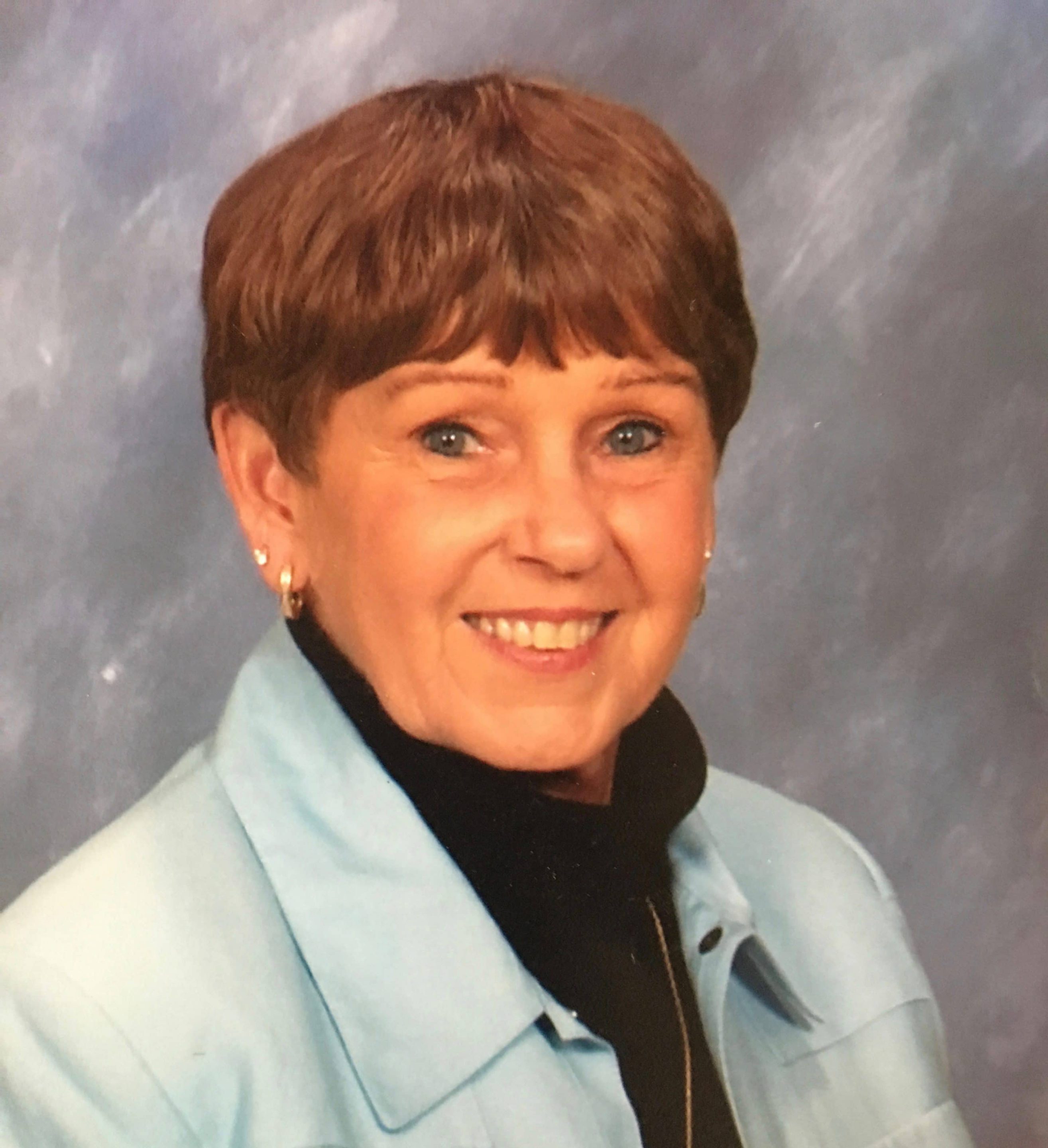
Char Williams
Tennessee Colony, TX
I live in a real small community – Tennessee Colony, Texas – about an hour and a half from Dallas. One day, someone spoke at our church about the need for volunteers to be advocates in court – and in life – for children living in foster care.
Immediately, I knew this was my calling. When I was in high school, my own mother became a foster mom, taking kids into our home and I had always wanted to do the same. As I reached my mid-60’s, I thought this volunteer opportunity was the next best thing.
The organization that needed help was CASA of Trinity Valley, the local office of the national organization called CASA, Court Appointed Special Advocates for Children. In programs around the nation, CASA volunteers are trained to advocate on behalf of a child that has been abused or neglected, as his or her case makes its way through the system.
We are not there as legal experts. We are the voice of the children. We learn about the situation that led to the child’s removal from the home, the particular challenges the child is facing, and we advocate to the judge for what is best for that individual child.
In our area, the main reason families end up having their kids removed is drug use, mostly illegal drugs, but some prescription drug abuse as well. When I get a new case, the first thing I do is get very frank with the parents. “I can be your best friend or your worst enemy. If you do what you need to get your life straight, I will use everything in my power to help you get your child back. But if you don’t, I will help find a family that will do right by this child.”
I’ve been a CASA volunteer for eight years and have advocated for children from three months to 18 years of age in cases that have lasted anywhere from nine months to four years. Currently, I have five active cases involving seven children.
Sometimes, I am the only stable person in the child’s life. I’m someone they see often, someone they get to know, someone who asks them “How’s it going in your foster home?,” someone who sends them cards on their birthday.
Each kid I am assigned to gets a teddy bear – no matter what their age – and a homemade quilt, so they can have something of their own to take to the foster home. I work with the foster parents and the other kids in the foster family to make sure everyone is happy. I go to schools and meet with teachers to make sure the child is doing as good or better as before she entered foster care.
After losing their children, and with a court standing over them, the parents typically are on best behavior for the first six to eight months. The goal is to reunite the family, but often, the court and the child welfare agency can’t see everything we CASA volunteers see. So we are empowered to intervene and tell the judge if we don’t believe the parents are ready to have their children back.
I had one little boy – a three-year old – removed from home because his mom and dad were both doing drugs. In court, his mom said she had stopped using after having a new baby, vowing she would never use drugs while pregnant or nursing.
When the judge recommended sending the three-year old home, I raised my hand. “Why not wait until she’s not nursing and see if she stays clean?” Sure enough, six months later, mom was back on drugs and the little boy was back as one of my cases. The good news is that she and her kids are doing well now.
I love making a difference in a child’s life and, at 74, I believe my age is a big advantage. A lot of younger people are too quick to write people off as either good or bad. But I feel like everybody needs a second chance, and if I can do something to make the parents life better, then their kids can have better life.
CASA needs more volunteers around the country – desperately. Here in Anderson County alone, there are 104 children and only 19 CASA advocates. I will even take a case that is 90 miles away – that’s how passionate I am about these kids. A social worker asked me once how much I get paid and was shocked when I said “nothing.” I’m not joking when I say that I hope to be doing this until I’m 90, even if they have to wheel me into court in a wheelchair.